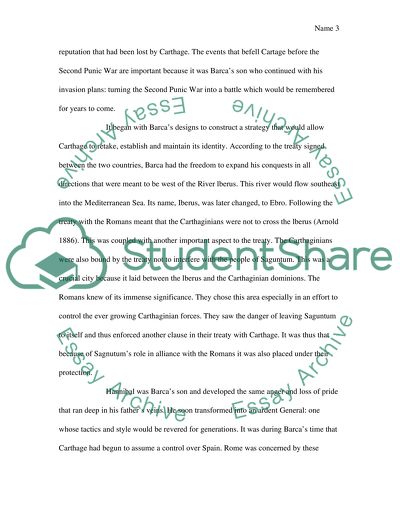Cite this document
(Hannibal and the Second Punic War Essay Example | Topics and Well Written Essays - 2000 words, n.d.)
Hannibal and the Second Punic War Essay Example | Topics and Well Written Essays - 2000 words. https://studentshare.org/history/1499522-hannibal-and-the-second-punic-war
Hannibal and the Second Punic War Essay Example | Topics and Well Written Essays - 2000 words. https://studentshare.org/history/1499522-hannibal-and-the-second-punic-war
(Hannibal and the Second Punic War Essay Example | Topics and Well Written Essays - 2000 Words)
Hannibal and the Second Punic War Essay Example | Topics and Well Written Essays - 2000 Words. https://studentshare.org/history/1499522-hannibal-and-the-second-punic-war.
Hannibal and the Second Punic War Essay Example | Topics and Well Written Essays - 2000 Words. https://studentshare.org/history/1499522-hannibal-and-the-second-punic-war.
“Hannibal and the Second Punic War Essay Example | Topics and Well Written Essays - 2000 Words”. https://studentshare.org/history/1499522-hannibal-and-the-second-punic-war.


